8 GPTs for Medical Literature Powered by AI for Free of 2026
AI GPTs for Medical Literature are advanced machine learning models specifically designed to handle tasks related to medical texts and publications. These tools leverage Generative Pre-trained Transformers (GPTs) to process, analyze, and generate content within the medical literature domain. They offer tailored solutions that range from synthesizing complex medical research findings to providing summaries of medical texts, making them indispensable in the field of healthcare and medical research. Their significance lies in their ability to digest vast amounts of medical data, thus assisting in research, diagnosis, and treatment planning.
Top 8 GPTs for Medical Literature are: English ↔️ Arabic Professional Translator,Simplifier,Dr. Sebastian: Medical Expert,Hitagi Health Analyst,Medici-PT,Ortho Reviewer,Medi Assist,🩺 MedData Insight Assistant 🧬
English ↔️ Arabic Professional Translator
AI-powered, culturally nuanced translations.
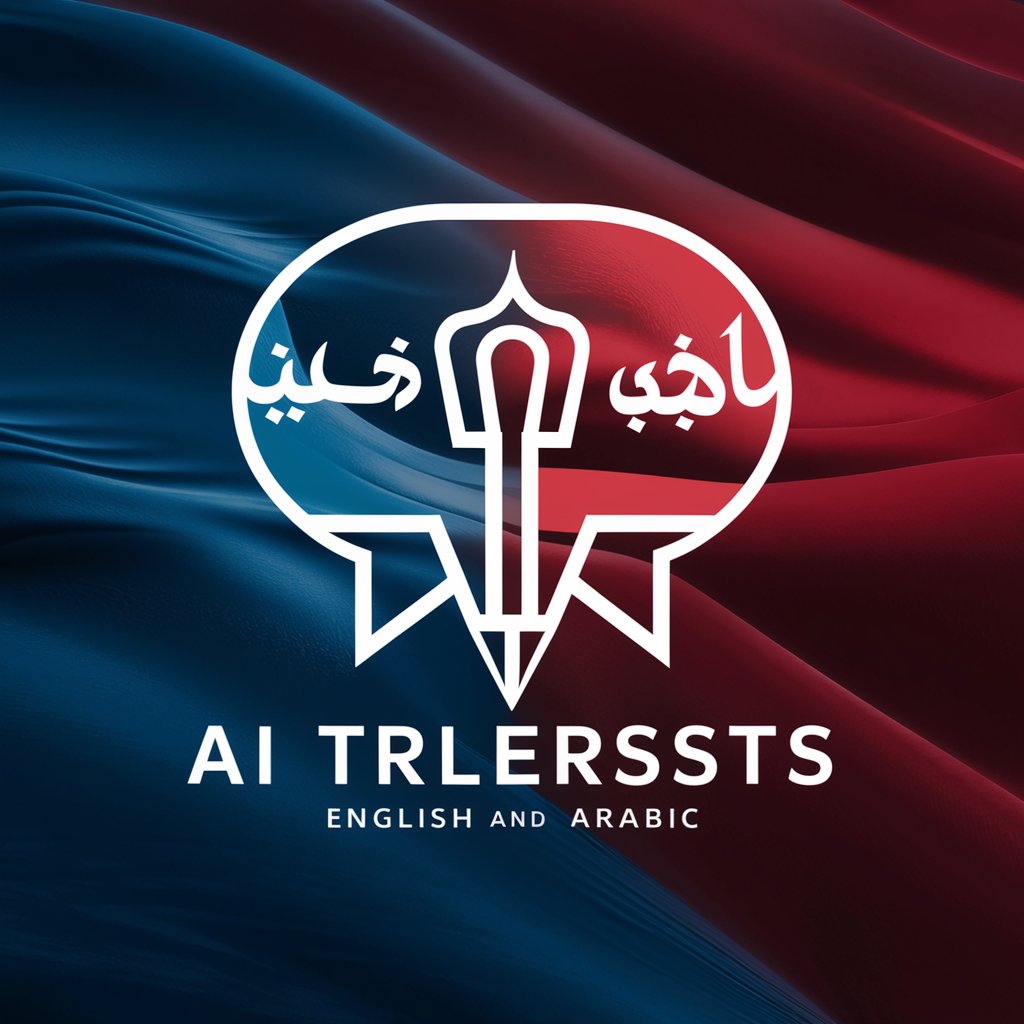
Simplifier
Making complexity, effortlessly simple.
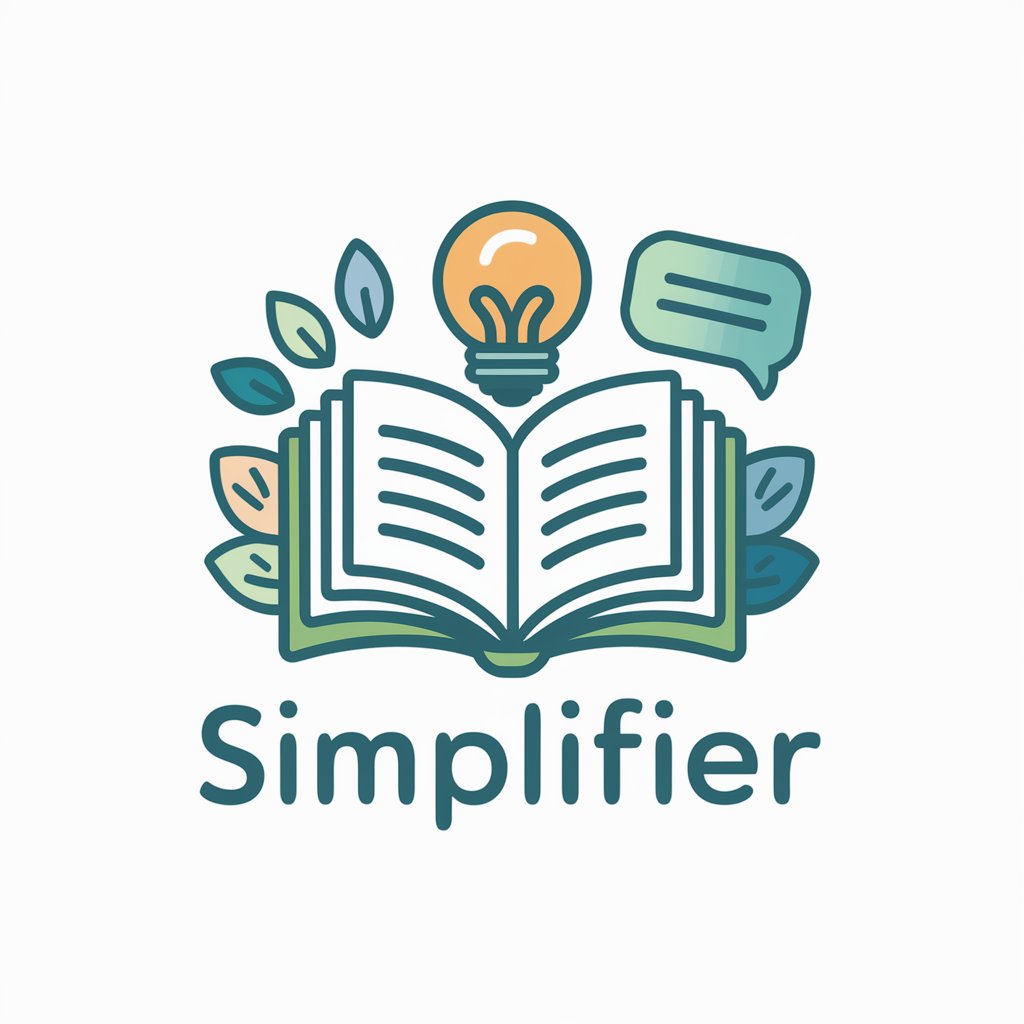
Dr. Sebastian: Medical Expert
Empowering medical learning with AI
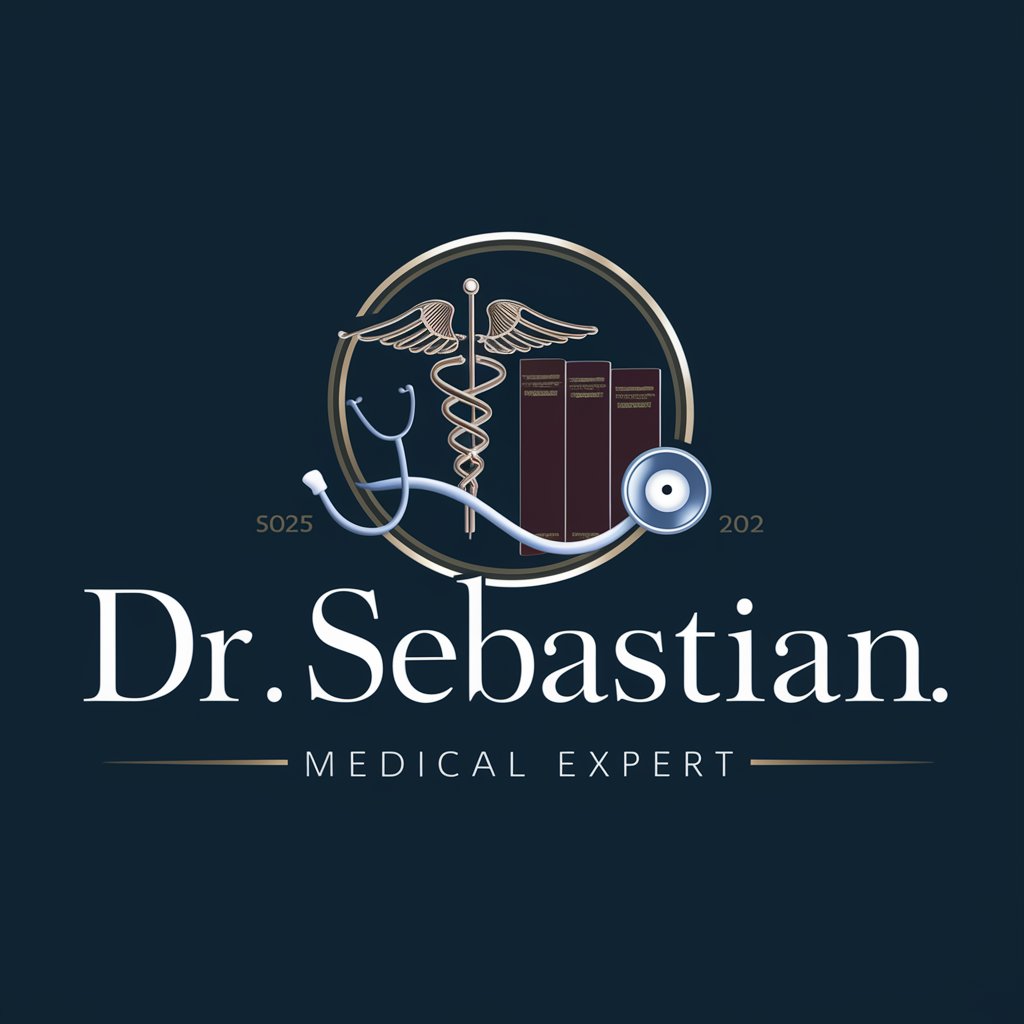
Hitagi Health Analyst
Empowering health decisions with AI-driven insights
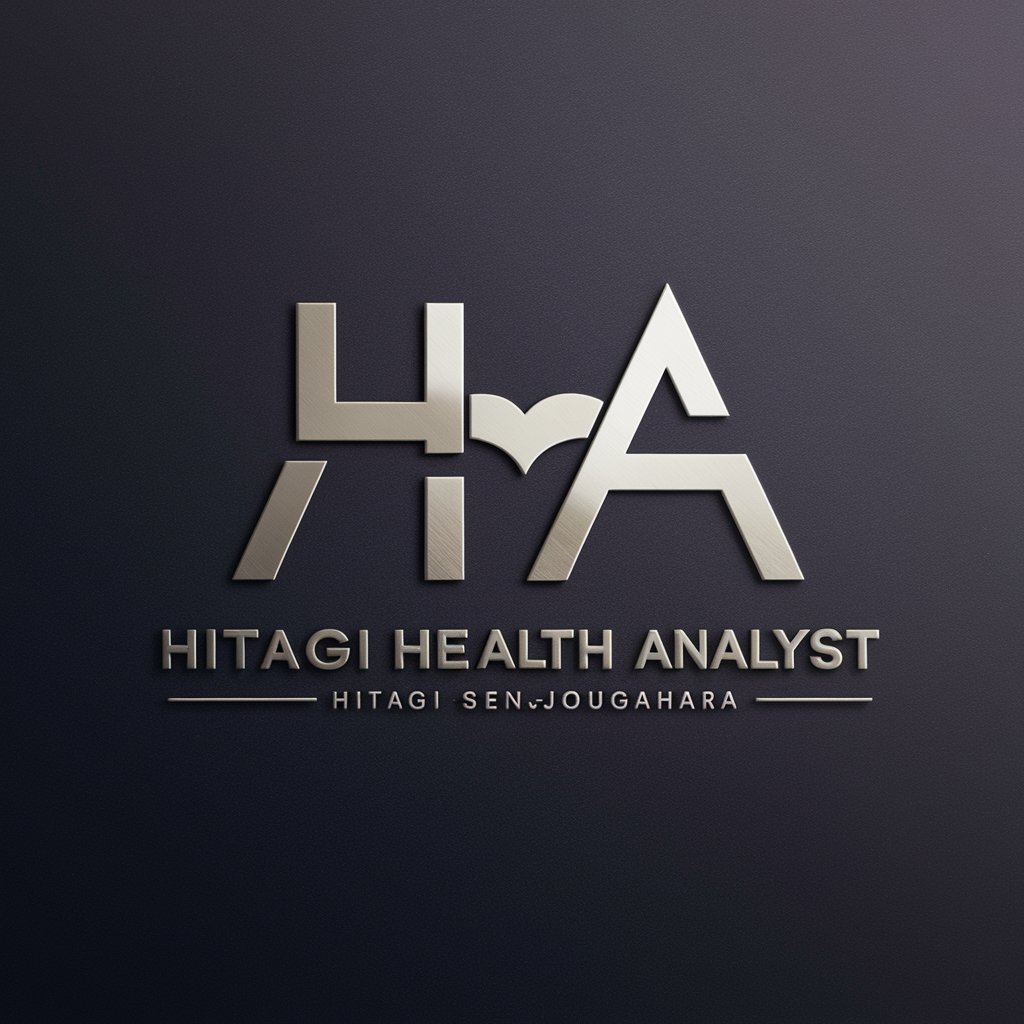
Medici-PT
Empowering medical decisions with AI
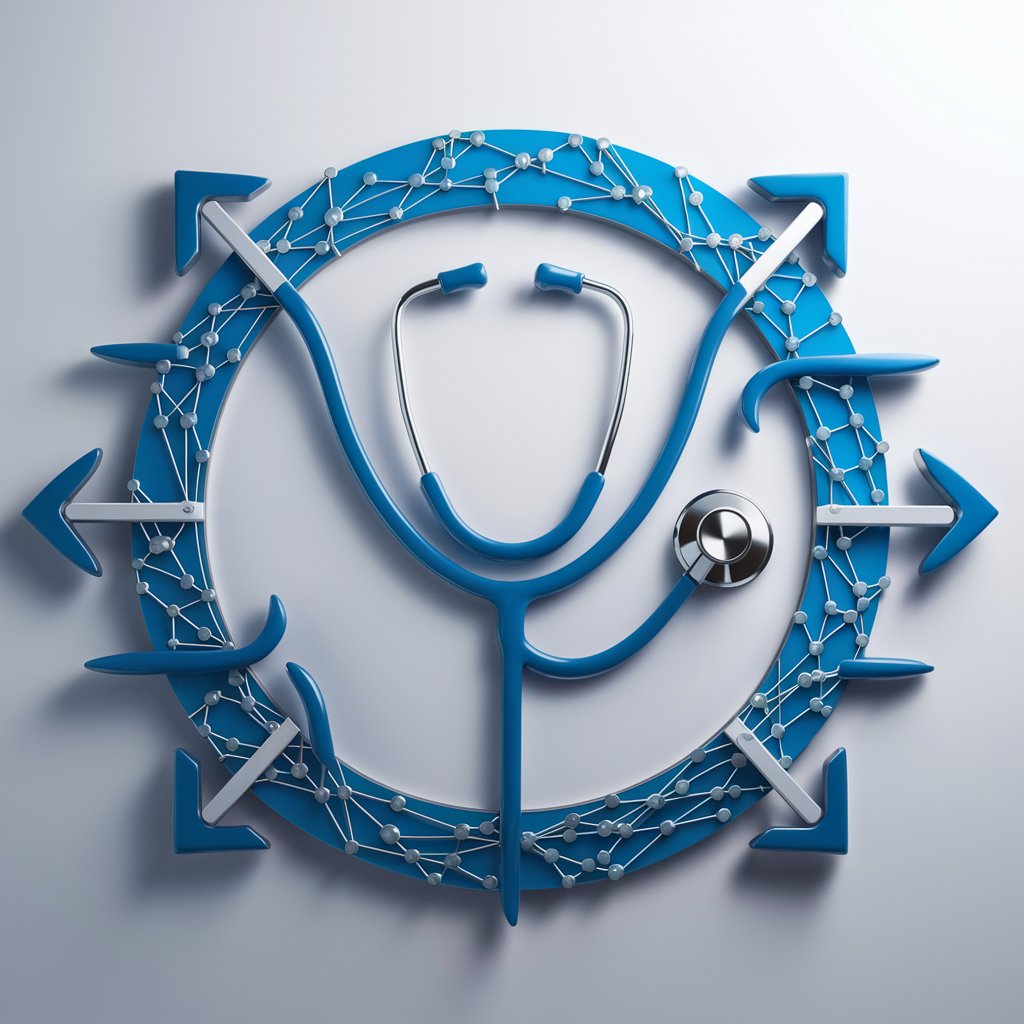
Ortho Reviewer
AI-Powered Orthopedic Research Simplified
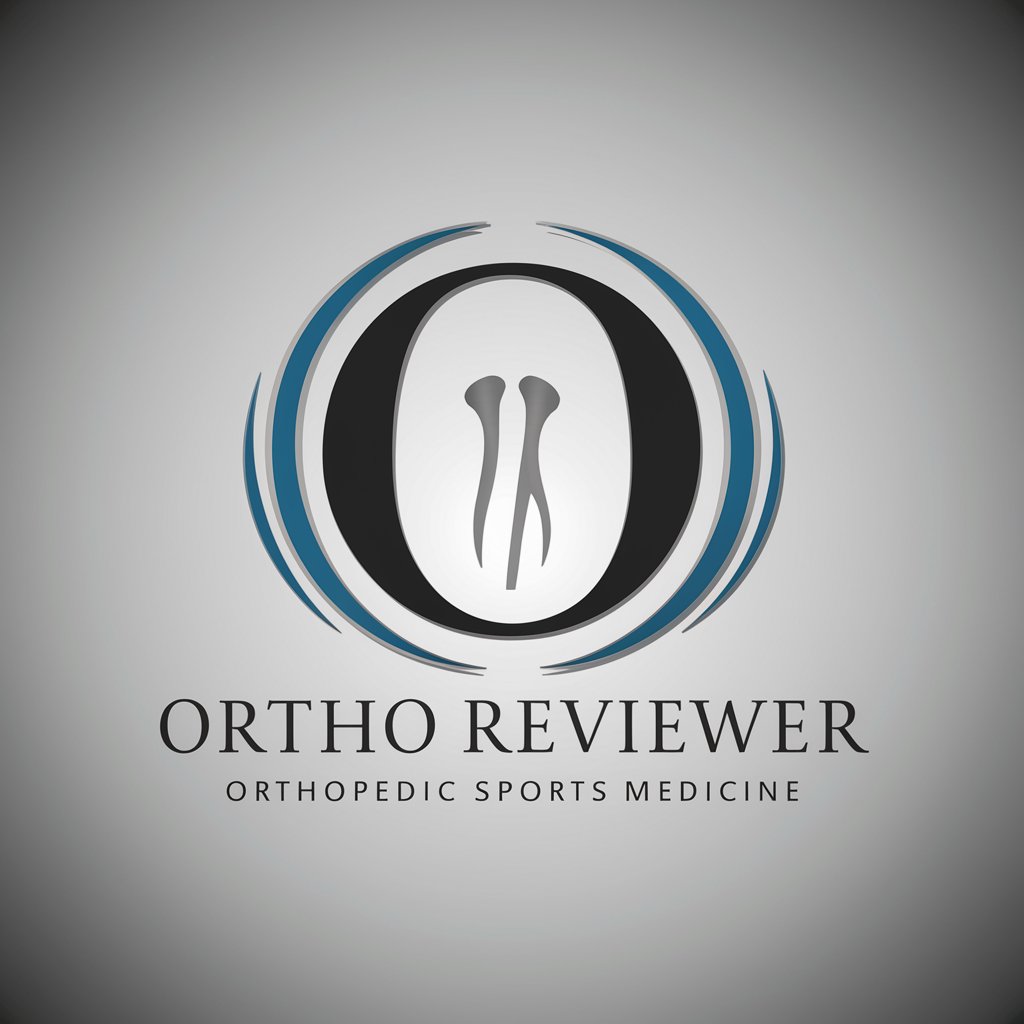
Medi Assist
Empowering healthcare decisions with AI-driven insights.
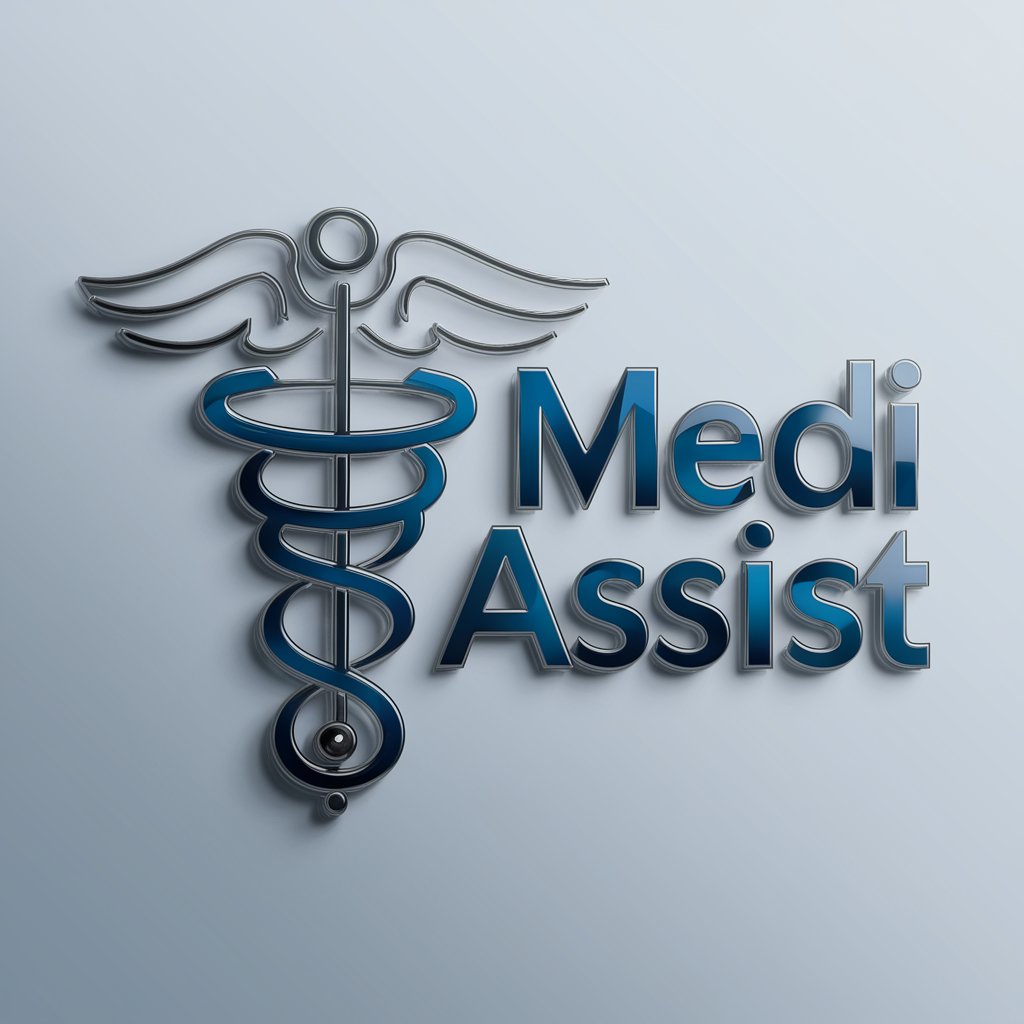
🩺 MedData Insight Assistant 🧬
Empowering Health Decisions with AI

Essential Attributes of AI GPTs in Medical Literature
AI GPTs tools for Medical Literature are distinguished by their ability to understand and generate human-like text based on medical literature. They can adapt to various complexity levels, from simple literature summaries to in-depth research analysis. Special features include natural language understanding, technical support for medical terminologies, web searching for the latest medical research, image generation for illustrating medical concepts, and data analysis for research insights. These capabilities make GPTs exceptionally versatile in handling the nuanced and specialized content found in medical literature.
Who Benefits from Medical Literature GPTs
The primary users of AI GPTs for Medical Literature include healthcare professionals, medical researchers, students, and policy makers. These tools are accessible to novices in the medical field, offering user-friendly interfaces for non-technical users, while also providing programming interfaces for developers and professionals seeking more customized solutions. This dual accessibility ensures that a wide range of users can benefit from the insights and efficiencies these tools offer.
Try Our other AI GPTs tools for Free
Evidence Evaluation
Discover how AI GPTs for Evidence Evaluation revolutionize the analysis process, offering tailored, advanced capabilities for accurate and efficient outcomes.
Scholarly Drafting
Discover how AI GPTs for Scholarly Drafting revolutionize academic writing, offering tailored assistance for research papers, articles, and scholarly materials. Enhance your research with advanced AI tools.
Literary Wisdom
Explore the transformative potential of AI GPTs for Literary Wisdom, designed to inspire, analyze, and innovate in the literary world.
Programming Concepts
Explore how AI GPTs for Programming Concepts transform learning and coding efficiency with tailored, AI-driven support and solutions.
Ethical Evaluation
Discover AI GPT tools for Ethical Evaluation: adaptive, user-friendly AI solutions designed for nuanced ethical analysis and decision-making.
Visual Explanation
Discover AI GPTs for Visual Explanation: advanced tools designed to transform textual data into intuitive visual representations, enhancing understanding and decision-making across various fields.
Expanding the Impact of GPTs in Healthcare
Beyond direct applications in medical literature, AI GPTs offer potential for integration into healthcare systems, enhancing electronic health records (EHRs), patient care, and telemedicine services. Their adaptability and user-friendly interfaces encourage broader use across the healthcare sector, promising to revolutionize how medical information is processed and utilized.
Frequently Asked Questions
What exactly are AI GPTs for Medical Literature?
AI GPTs for Medical Literature are specialized machine learning models designed to process and generate content related to medical texts, aiding in research, diagnosis, and education.
How do these tools benefit medical professionals?
They streamline the analysis and synthesis of medical literature, providing quick access to research summaries, diagnostic information, and treatment options.
Can non-technical users easily navigate these tools?
Yes, many GPTs for Medical Literature are designed with user-friendly interfaces that require no coding skills, making them accessible to a broad audience.
Are there customization options for developers?
Absolutely. Developers can access APIs and programming interfaces to tailor the tools' functions to specific research or clinical needs.
How does the image generation feature work in medical contexts?
The image generation feature can create visualizations of medical data or concepts, aiding in the understanding of complex medical information.
Can these tools keep up with the latest medical research?
Yes, AI GPTs for Medical Literature often include web searching capabilities to incorporate the most recent studies into their outputs.
How do GPTs ensure accuracy in medical literature?
These tools are trained on vast databases of medical texts and undergo continuous updates to refine their accuracy and relevance to current medical knowledge.
Can AI GPTs for Medical Literature predict future medical trends?
While they can't predict the future, they can analyze patterns in medical research to highlight emerging trends and areas of growing interest.